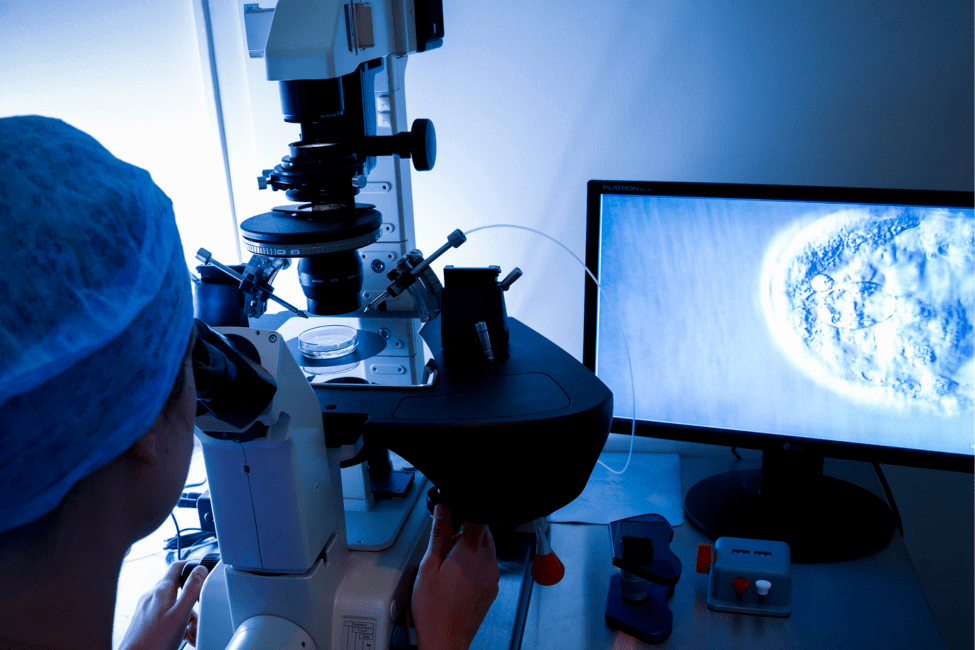Q1. Is the fertilization rate of ICSI better than IVF?
Yes, ICSI has a higher fertilization rate compared to conventional IVF, especially
in cases of male factor infertility.
Q2. What is the typical fertilization rate with ICSI?
The fertilization rate with ICSI ranges from 70% to 80%.
Q3. Is testicular sperm retrieval always necessary for ICSI?
Yes, in cases where testicular sperm is used, it is because the sperm count and
motility are poor. Testicular sperm retrieval allows for the selection and use of
viable sperm for successful fertilization.
Frequently asked questions about the Frozen Embryo Replacement Program at
MotherToBe Clinic, led by Dr. S. Vyjayanthi:
Q1. How long can embryos be frozen?
Embryos can be frozen for up to 10 years without affecting the success rates of
the procedure.
Q2. At which stage are embryos usually frozen?
Embryos can be frozen at different stages, including day 2, day 3, or the
blastocyst stage. However, it is recommended to freeze embryos at the
blastocyst stage for optimal results.
Q3. Are there any complications associated with the procedure?
When performed by experienced specialists, the risk of complications is minimal.
Q4. Are the success rates of frozen embryo transfer comparable to fresh cycles?
The success rates of frozen embryo transfer is almost equal to fresh cycle IVF
but it is not indicated for all cases. In patients with PCOS as they tend to over
respond we usually freeze all embryos and replace them in a subsequent cycle.
Q5. How long does the entire process take?
The Frozen Embryo Replacement Program typically takes around 2-3 weeks from
the start of the treatment to the embryo transfer.

